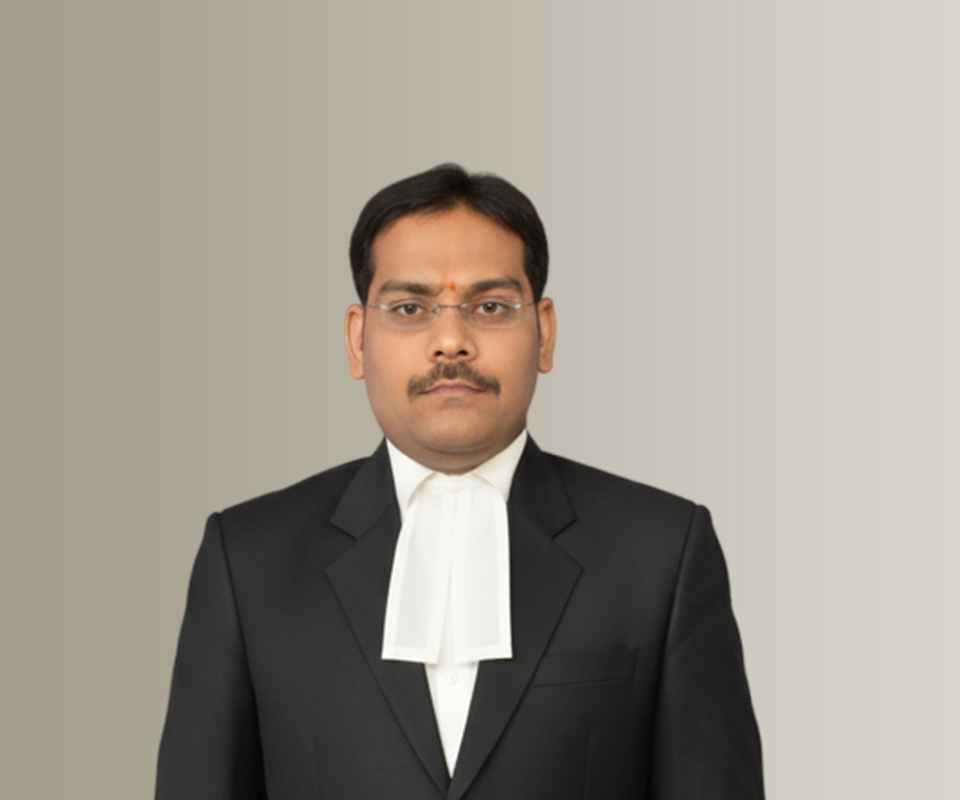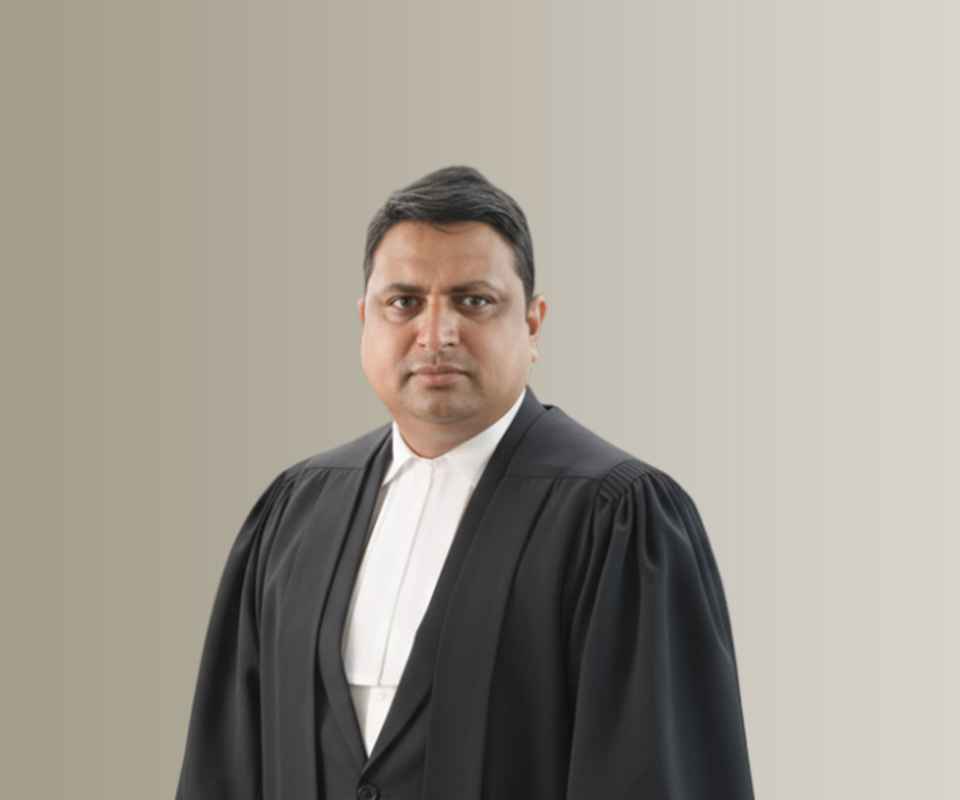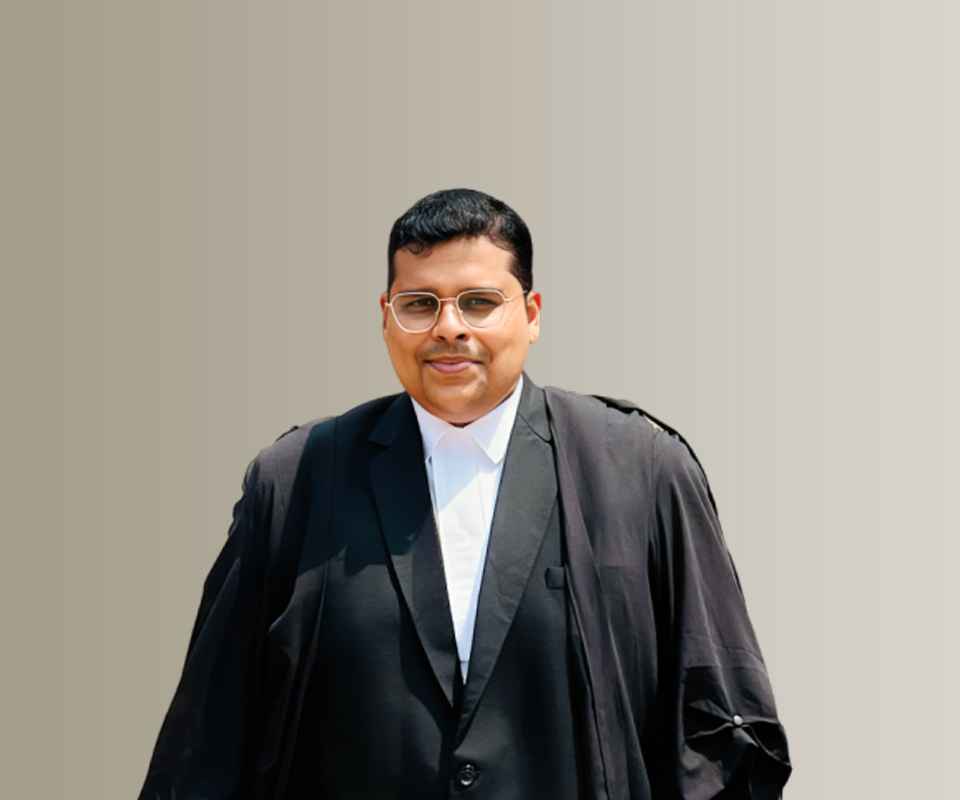Answer By law4u team
Routine maintenance in a rental property refers to tasks that ensure the property remains in good condition over time. While both landlords and tenants have roles to play in property maintenance, their responsibilities differ. Understanding these roles can help avoid disputes and ensure a smooth rental experience.
Tenant and Landlord Responsibilities for Routine Maintenance
Tenant’s Responsibility for Routine Maintenance:
Daily Upkeep and Cleanliness:
Tenants are responsible for maintaining the general cleanliness of the property. This includes regular cleaning of rooms, bathrooms, and kitchens, as well as ensuring proper garbage disposal.
Minor Repairs Due to Wear and Tear:
Tenants are typically responsible for minor repairs that result from their daily use of the property. This could include:
- Replacing light bulbs.
- Unclogging drains.
- Changing air filters in air conditioners or fans.
- Repairing small damages like door handles or taps.
Proper Care of Appliances:
If appliances (like refrigerators, washing machines, or stoves) are provided by the landlord, tenants are responsible for their regular use and upkeep. This includes cleaning appliances and ensuring they are used correctly to avoid damage.
Reporting Major Issues:
Tenants are required to promptly report any significant maintenance issues to the landlord, such as a leaky roof, broken plumbing, or electrical problems. However, they are not responsible for fixing these major issues unless they are explicitly mentioned in the lease agreement.
Landlord’s Responsibility for Routine Maintenance:
Structural Maintenance and Safety:
Landlords are responsible for maintaining the structural integrity of the property, including:
- Ensuring the foundation, walls, roof, windows, and doors are safe and free from damage.
- Addressing any issues that compromise the safety of the property, such as faulty wiring or a leaking roof.
Major Repairs and Upkeep:
The landlord is responsible for repairing or replacing any major systems in the property, such as:
- Electrical wiring and fixtures.
- Plumbing systems.
- Heating or cooling systems.
- Major appliances that are part of the rental agreement (if not maintained by the tenant).
Pest Control and Hygiene:
Landlords must ensure the property is free from pests and provide basic pest control services if required. They must also address any sanitation or hygiene-related issues that fall under their responsibility.
Regular Inspection:
While tenants maintain the cleanliness and care of the property, landlords have the right to inspect the property regularly (with prior notice) to ensure it is being properly maintained and to identify any significant issues that need attention.
Shared Responsibilities:
Property Upkeep During Vacancies:
If a property is vacant for a period between tenants, the landlord should ensure the property is secure and maintained, such as by keeping the plumbing intact and the appliances in working order.
Lease Agreement Terms:
Specific responsibilities may vary depending on the lease agreement. Some lease contracts may specify whether the tenant is responsible for certain tasks like lawn care, cleaning air conditioning filters, or maintaining appliances. It’s essential to review the lease for these details.
Dispute Resolution:
Clarification in Lease Agreement:
To avoid confusion, it is advisable for both landlords and tenants to clearly define their routine maintenance responsibilities in the lease agreement. This will set expectations for both parties.
In Case of Disputes:
If a tenant believes that the landlord is not fulfilling their maintenance duties (such as failing to repair a broken water pipe), they may approach the rent control authority or consumer court. Conversely, if a landlord believes the tenant is neglecting their responsibilities, the landlord can issue warnings or take legal action as per the lease agreement.
Examples of Routine Maintenance:
Tenant's Role:
A tenant in Bangalore lives in an apartment and regularly cleans the floors, disposes of garbage, and keeps the bathroom sanitary. They also change air conditioner filters and report any plumbing issues, like a leaky faucet, to the landlord.
Landlord's Role:
The landlord must take care of repairing a broken water heater, fixing the plumbing system, and ensuring the building is structurally safe (e.g., repairing cracks in the walls or fixing the roof if it leaks).
Example
A tenant in a Mumbai apartment reports that the washing machine provided by the landlord has stopped working. According to the lease agreement, the landlord is responsible for maintaining appliances in working order. The landlord arranges for the repair or replacement of the washing machine at no cost to the tenant. On the other hand, the tenant is responsible for regular cleaning and care of the washing machine, such as removing lint and cleaning the filters.







